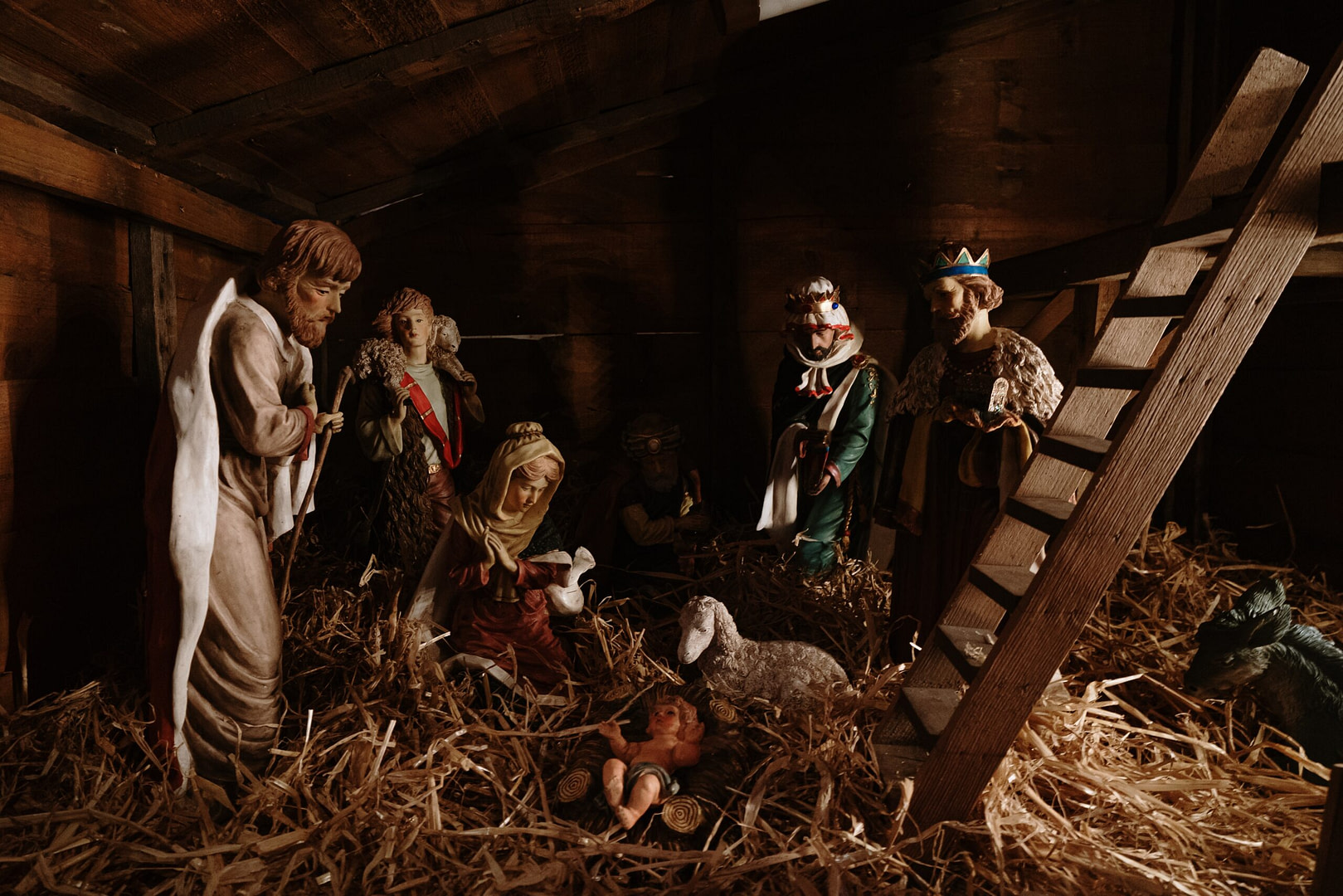Francis of Assisi is attributed with saying, “While you are proclaiming peace with your lips, be careful to have it even more fully in your heart.”
Luke 2 describes a series of quick-paced, unexpected events leading up to Jesus’ birth. Mary and Joseph learn they must travel to Bethlehem for the Roman census. It’s an uncomfortable journey, and when they arrive, Mary goes into labor. Because there is nowhere for them to stay, she is forced to give birth surrounded by animals and lay her baby in a feeding trough. Meanwhile, the shepherds hear the glorious news of Jesus’ coming and spontaneously go to see what has taken place. All of these occurrences are very rushed and chaotic. But in Luke 2:19, we observe a dramatic shift: Mary slows down, takes in what has happened, and “ponders these things in her heart.”
“While you are proclaiming peace with your lips, be careful to have it even more fully in your heart.”
— Francis of Assisi
It has been quite an odd journey for Mary. First an angel announced that she would give birth to the Son of God, though she was still a virgin. Then her future with Joseph was up in the air until another angel came to him with the same news. Then they had to make the inconvenient trip to Bethlehem. All of which brings us to the moment that we love to reflect on– the shepherds going to see the baby.
But what about the next day? Mary and Joseph still have to navigate parenthood in a place that is not their home. Besides having to care for an infant, their future seems terribly uncertain. When they start asking questions about what lies ahead, the idea of peace seems like a vapor.
Yet, Mary “ponders” these things. She looks back at her story and realizes the miracles of God’s faithfulness. It’s as if each step of the way God helps her to see His presence in new ways.
We live in a world that misunderstands peace. We often think of it simply as the cessation of conflict. Sometimes we experience peace personally but never extend it to our neighbors. Other times, we can become fixated on other people’s peace while never experiencing it for ourselves.
Romans 5:1 says, “Therefore, since we have been justified through faith, we have peace with God through our Lord Jesus Christ.”
What if there was more to peace than the things we typically think of when we hear the word? Francis of Assisi challenges us to see the peace within our hearts first. He lived amid poverty and gave his life to the destitute. The historical Christian view of peace means that personal peace with God turns into peace with others and making peace in the world.
“Therefore, since we have been justified through faith, we have peace with God through our Lord Jesus Christ.”
Romans 5:1
When Mary ponders, she’s mustering strength for the journey ahead. The Good News of Jesus’ coming has turned her life upside down. But, even more so, it has brought a deep peace that will allow her to face the future.
So, this Advent season, I invite you to spend some time pondering on your own. And when you do, here are three questions you might consider:
What is your definition of peace?
How might God be challenging your definition of peace in your life today?
What promises of God do you need to ponder in this season?



